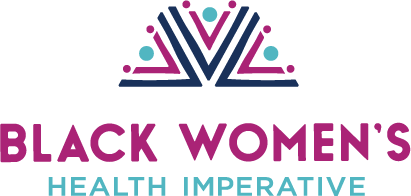Thanks to the nonpartisan Office of Congressional Budget Office (CBO), we now have a better understanding of how the House-passed version of the American Health Care Act (AHCA) will affect men, women and children in America, and it doesn’t look good.
Here are some of the key findings in the report:
- 14 million more people will be uninsured by 2018, with that number rising to 23 million by 2020. By 2026, the number of uninsured will reach 51 million.
- Requirements and funding for Medicaid could change and its budget will be cut by $834 billion.
- States can decide what Essential Health Benefits, if any, insurance plans must cover, and states can allow insurance companies to set premiums based on age, gender and health status instead of income and location. These changes could impact one in six people in the U.S.
- Insurers can now place lifetime or annual limits on insurance plans.
- Premiums will increase by 15 to 20 percent in 2018 and 2019.
- $8 billion allocated to help cover Americans with pre-existing conditions won’t be enough to cover everyone who needs it, forcing many to pay higher premiums.
What does this mean for Black women and their families?
- Older Black women could face up insurance premiums up to five times higher, based on their age.
- Black women with pre-existing conditions will see their insurance premiums rise.
- Black women could lose coverage for key health benefits such as maternity care and mental health services, and may also face higher out-of-pocket costs depending on what state they live in.
- Fewer Black women will be eligible for Medicaid.
- Diseases, deaths and health inequities Black women face, like pregnancy-related complications, HIV infections, breast cancer deaths and other chronic conditions, will continue to increase.
“The CBO score highlights what we already know — the House-passed version of the AHCA will devastate Black women’s health,” said Linda Goler Blount, president and CEO of the Black Women’s Health Imperative. “Our last line of defense for this harmful bill is the Senate. My hope is that senators will give this bill, and all other health care bills, the necessary research and discussion to ensure Americans have access to quality, affordable health care. This includes a lengthy investigation and talking to their constituents. Black women and their families’ health depends on it. We will continue the fight for sensible health policies that build on the successes of the ACA and give maximum protections for Black women and their families.”


